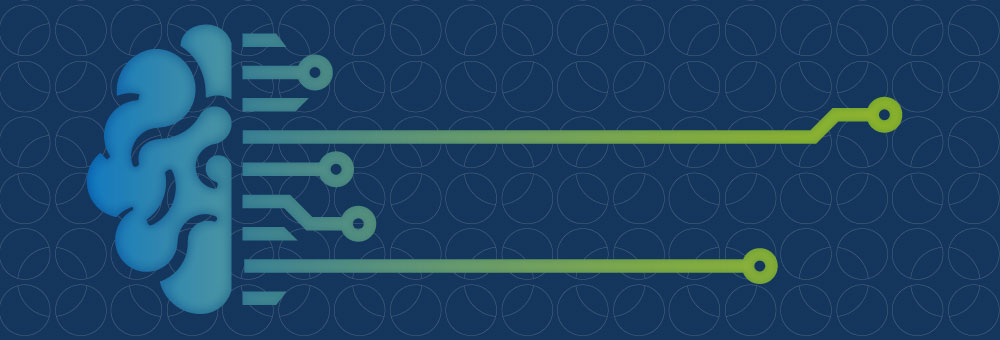Younger MUD may be better than MSD for BMT in ALL/AML
The transplant community has long assumed that matched sibling donors (MSD) provide better outcomes for blood or marrow transplant (BMT) than other donor types. But is a MSD always preferable for BMT? A couple of recent studies show that may not always be the case.
Two retrospective observational studies compared transplant outcomes for adults 50 and older with 1) acute lymphoblastic leukemia (ALL) or 2) acute myeloid leukemia (AML) who used an older MSD (also 50 or older) to those who used a younger matched unrelated donor (MUD) (35 or younger).
The patients who had cell transplants from younger MUDs had lower rates of disease relapse and, in some cases, higher rates of disease-free survival at five years compared to older MSDs. Given the limited options for managing relapsed disease, it is important to study factors that can decrease relapse risk. And, given the increase in ALL and AML incidence due to the aging population and associated increased age in MSDs, it’s vital to have evidence-based outcomes data to guide transplant teams.
Based on the results of this study, further research is warranted into simple interventions, like donor choice, that can improve transplant outcomes.
Learn more by reviewing a comprehensive analysis and description of the study.


